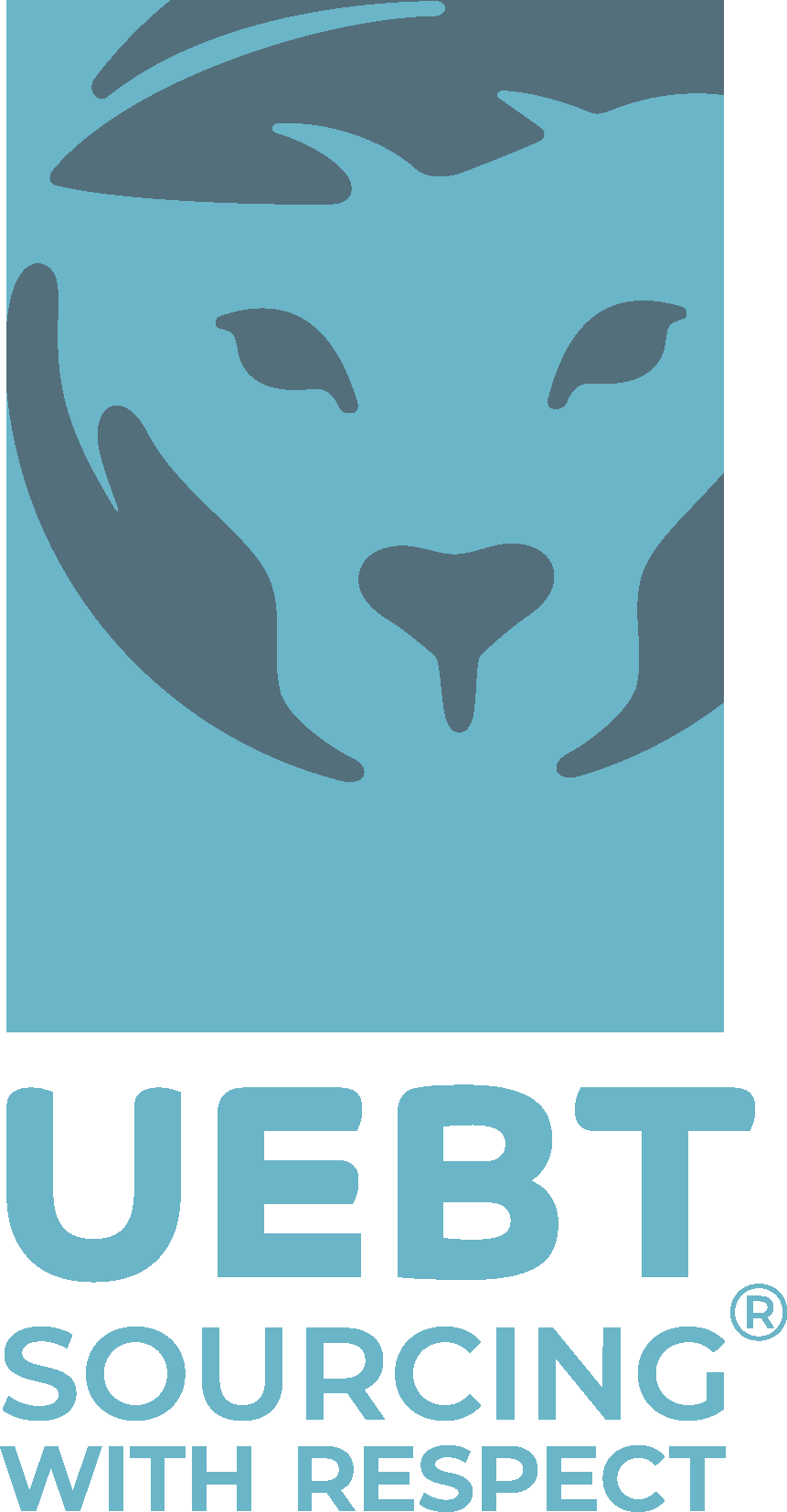Since UEBT’s launch in 2009, 15 years of quantitative research with over 86,000 people spanning 16 countries surveyed, have highlighted the amazing growth of biodiversity awareness, with more companies and brands taking a stand in favour of sourcing with respect for people and biodiversity.
For the 2024 UEBT Biodiversity Barometer, consumer research was conducted in 6 countries: Brazil, China, France, Germany, UK and USA.
Biodiversity awareness has significantly increased
Awareness and understanding of biodiversity have significantly grown since the inception of the Biodiversity Barometer in 2009, a trend that is expected to continue. In 2024, nearly 9 out of 10 consumers claim to understand what it means.
In those countries with the lowest scores (Germany, USA and UK) the data shows how awareness has risen significantly in recent years to reach a very high level of awareness today, with the strongest increase in Germany, moving from 29% awareness in 2009 to 79% in 2024.
Consumers have a proactive attitude towards biodiversity and recognize their role in protecting it
Consumers firmly believe that individuals have a direct relationship with biodiversity (especially in Germany and Brazil), impacting not only their own well-being but also that of future generations. Consequently, they see it as their obligation to protect and regenerate nature and biodiversity.
This sentiment however has decreased in the highest level of agreement. This is especially true in France and China; both are on the decline.
Consumers expect brands to safeguard biodiversity and to take a stand on global targets
Consumers expect brands to inform them about the concrete actions they take to ensure respect for biodiversity and ethical practices when sourcing the natural ingredients used in their products. They also expect them to contribute to achieving the targets of the Global Agreement for Nature
To meet the growing expectations from consumers, stronger, more concrete and tangible measures are required from companies to prove they are genuinely committed.
Consumers are increasingly less assured that companies are genuinely committed to ethical sourcing practices.
Across the different countries a mixed picture of consumer confidence is observed:
France and the US: confidence remains stable but low with respectively 41% and 51% of respondents saying they are confident that companies pay serious attention to ethical sourcing of biodiversity.
UK: business confidence (44%) is on an upward trajectory despite being low overall
Germany, Brazil and China: confidence is on the decline
Highest level of trust can be found in Brazil with 59% and China 82%.
Consumers want transparency on a product’s impact on biodiversity
Purchasing products that are responsibly sourced, and provide fair wages to workers remain a top priority. Avoidance of child labor is also considered a crucial factor. However, information on ingredients remains the most sought.
Q5. Companies communicate information on their product packaging or on product web pages. For each of the following elements, please tell us how much important it is for you to get this information on the packaging or the product’s web page.
Importance of company actions to address people and biodiversity
Consumers prioritize environmental conservation and human protection as key company actions to address global issues.
The most important company actions to address global issues related to biodiversity are ensuring no child labor in the farms (a new action added in this wave), reforestation (although decreasing) and fair prices or decent wages – all of which are evaluated as “very important”. A decrease is observed however concerning actions related to plastic reduction and packaging.
Europeans place a significant importance on the actions taken by companies. The French, in particular, are highly concerned about preventing child labor. Meanwhile, efforts to reduce plastic usage have diminished in both the UK and France. In Brazil, nearly all activities are deemed highly important by 70% or more of consumers, further demonstrating the significant expectations that companies face regarding their involvement in biodiversity in this country.
Q8. Several actions have been taken by brands to address global issues affecting people and biodiversity. Below are a few examples. Please let us know how important each one is to you.












